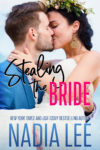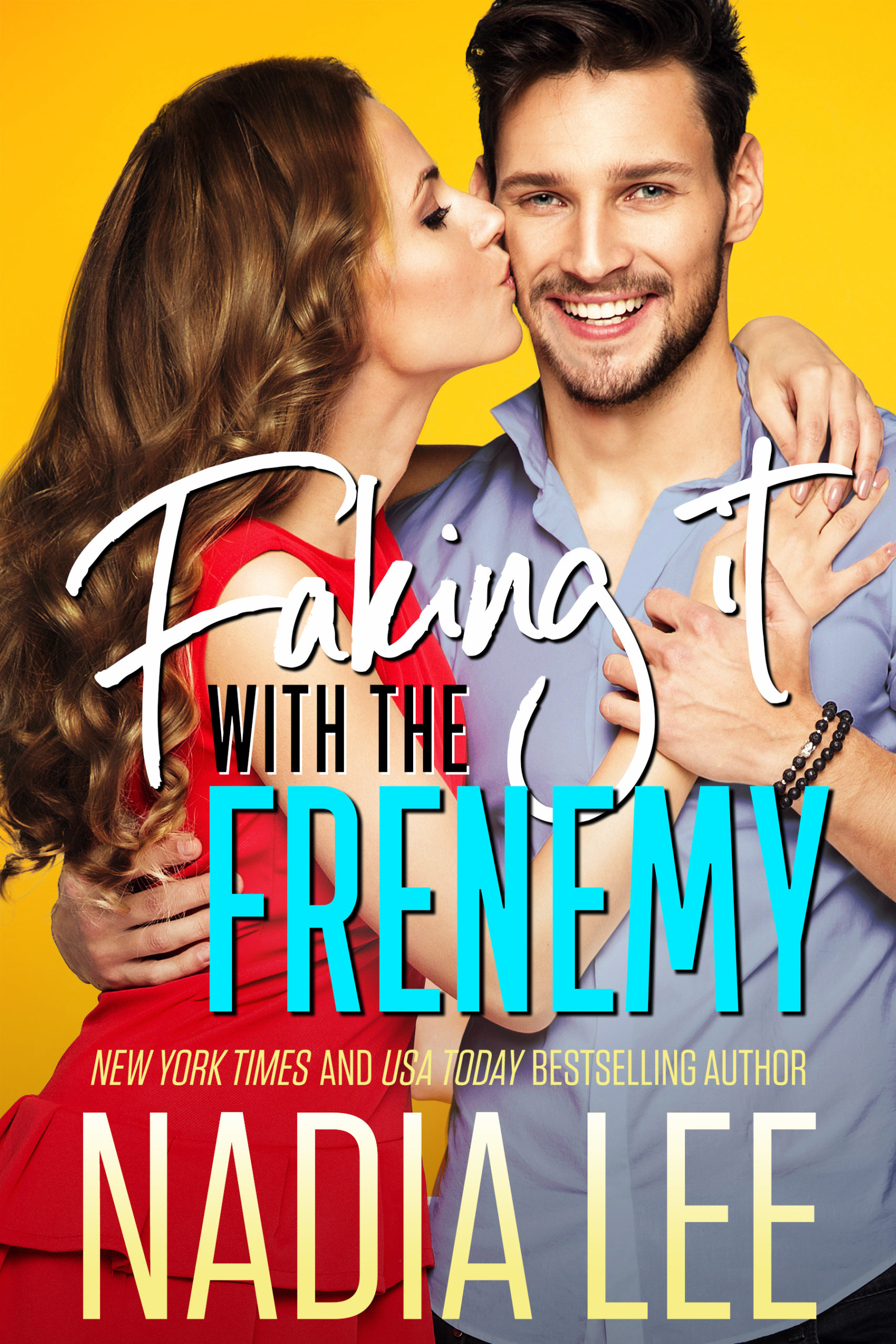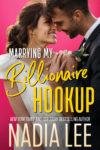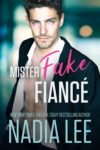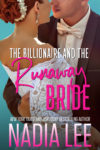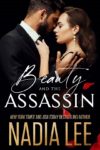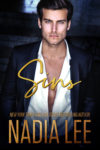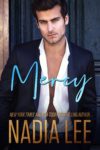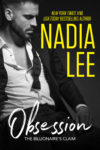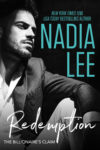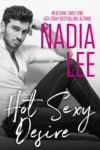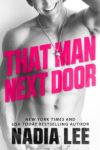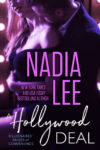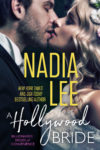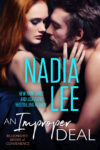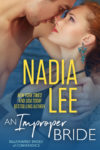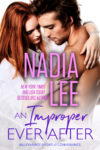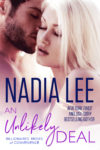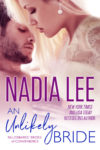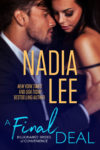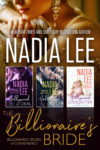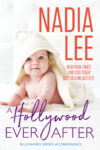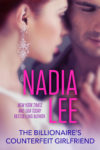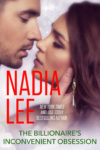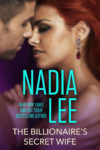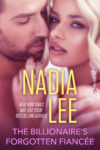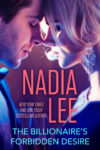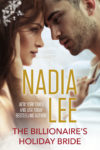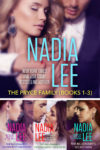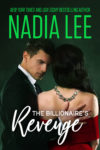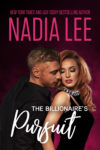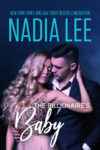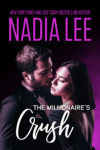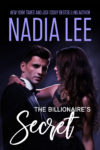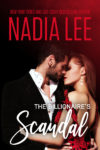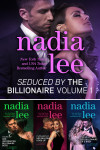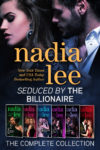7
| May 2012 |
Today, I have a special guest Alina Adams, discussing self-publishing her backlist titles.
Two summers ago, I was on a panel at Comic-Con in San Diego, talking about writing tie-in books (in my case to a pair of soap operas, As the World Turns and Guiding Light).
The moderator asked a question about future projects, and I mentioned that I was taking my series of Figure Skating Murder Mysteries, originally published as paperbacks by Berkley Prime Crime, and turning them into enhanced e-books, where not only did you get all the text of the original but, in partnership with The Ice Theatre of New York, I was adding professional skating videos to represent my fictional characters.
Afterwards, a fellow writer from the panel came up and told me she too had been thinking of doing a multimedia book, but she'd priced out the necessary technical services, and “Those IT guys are just so expensive.”
I pointed to my husband, standing nearby, and explained, “I sleep with my IT guy.”
“Oh!” She exclaimed. “That's so much cheaper!”
Indeed. I highly recommended it. (Not that there aren't many wonderful companies out there that could get the job done for you. Many of them even charge reasonable prices. But, even a reasonable price is an expenditure I'd rather avoid.)
When I first decided, in 2011, to get the rights back to not only my previously published figure skating series, but to my romance titles, as well, and turn them into enhanced e-books, it was only because I knew my husband had the technical know-how to physically build them.
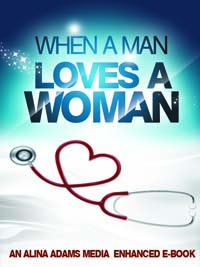 And if he didn't have the technical know-how, he'd educate himself until he did. Or deal with my complaining about it. (And no one wants that.)
And if he didn't have the technical know-how, he'd educate himself until he did. Or deal with my complaining about it. (And no one wants that.)
When it came to my romance novel, When a Man Loves a Woman, originally published by DELL in 2000, he literally ripped the book at the spine, then sat up several nights in a row, scanning each page by hand while he watched TV (and I went to bed).
I proofed it, compiled it, added a name to each chapter that corresponded to a popular song that could comment and compliment the action, found the songs on-line, created links to them, and handed the whole thing back to my husband. Who spent many more late nights formatting the book according to Amazon specs, and testing and retesting it in a variety of machines, according to the way he'd been taught at MIT. (Nuclear engineering… Building enhanced e-books… Practically the same thing, no?)
With my figure skating mysteries, Murder on Ice, On Thin Ice, Axel of Evil, Death Drop, and Skate Crime, he taught himself how to transfer videos from DVD into a format compatible with both mobi (for Amazon) and ePub (for Nook). He also figured out how to build the table of contents the platform required, not to mention indent, bold, italicize, and double-space. (Sounds simple. I gather it is not.)
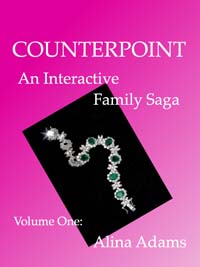 We've been married for almost fourteen years. My romance writing career actually predates our meeting.
We've been married for almost fourteen years. My romance writing career actually predates our meeting.
Back then, when I wrote about romantic heroes, they were either witty, urbane, Regency-era Marquis, or dashing fighter pilots, or sensitive, sexy surgeons.
Little did I know at the time, that the most romantic thing a man can do is sit up for hours tediously scanning pages torn from a tattered book, then spend hours pouring through coding specs in tiny font, followed by going back and redoing a day's worth of work because I found a misplaced comma and really, really need it fixed. Now.
My latest enhanced e-book is Counterpoint: An Interactive Family Saga. It is a romantic serial where, at the end of Volume One, I ask readers to tell me what they'd like to see happen in Volume Two. I incorporate their suggestions into Volume Two, and ask them for input regarding Volume Three. And so on.
I am really looking forward to what my readers come up with.
But, if I may offer a bit of friendly advice based on life experience, if you truly want a Happily Ever After – go for the IT guy.
You won't regret it.
 Alina Adams is the New York Times' best selling author of soap opera tie-ins, figure skating mysteries, and romances, including Annie's Wild Ride and When a Man Loves a Woman. Her latest project is Counterpoint: An Interactive Family Saga. In addition to turning her own backlist into enhanced e-books, she has produced enhanced e-books for others, including Dan Elish, whose middle-grade fantasy novel, The Worldwide Dessert Contest, now includes its own original musical score. Learn more at http://www.AlinaAdamsMedia.com
Alina Adams is the New York Times' best selling author of soap opera tie-ins, figure skating mysteries, and romances, including Annie's Wild Ride and When a Man Loves a Woman. Her latest project is Counterpoint: An Interactive Family Saga. In addition to turning her own backlist into enhanced e-books, she has produced enhanced e-books for others, including Dan Elish, whose middle-grade fantasy novel, The Worldwide Dessert Contest, now includes its own original musical score. Learn more at http://www.AlinaAdamsMedia.com

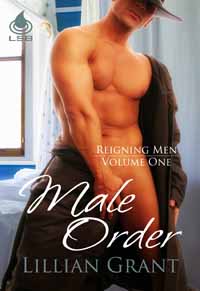
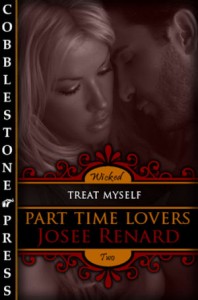
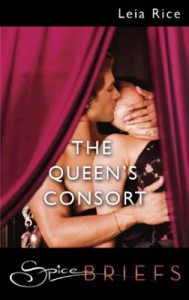


 In celebration of our one year anniversary, I asked as many of our Harlequin team members and
In celebration of our one year anniversary, I asked as many of our Harlequin team members and 
